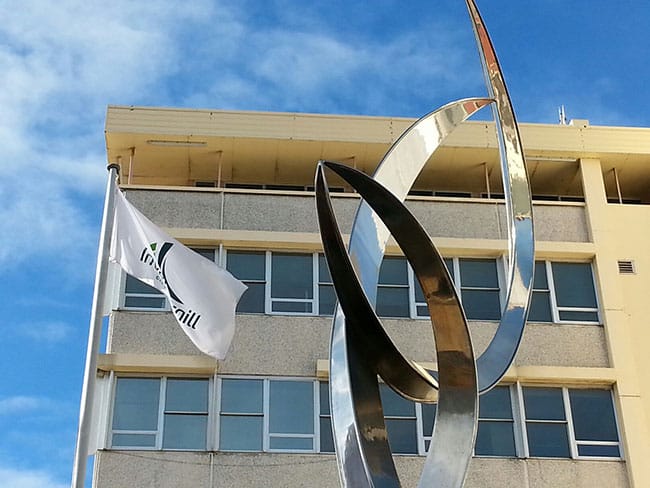
The Invercargill City Council continues to disagree with Audit New Zealand’s opinion about the value of its financial performance.
The council felt blindsided by auditors late last year when it pushed out its deadline for sign off, implying that the ICC had a high volume of errors in the consolidation process.
The Risk and Assurance Committee felt that the audit process had been inadequate, with poor communication, and a formal letter was written to the director.
Chief financial officer Patricia Christie has shared her report to the committee for its upcoming March meeting on Tuesday 7th, and confirmed the accounts had now all been signed off (February 28).
“Audit New Zealand’s opinion for 2021 was that council has understated the fair value of their assets and therefore understated the positive increase in the value of our performance. Officers did not agree with this assessment,” the report said.
The committee will be looking to sign off the Annual Report 2021/22 on Tuesday for council to then adopt at its next monthly meeting.
Council is required under the Local Government Regulations 2014, to report on the affordability and benchmark ratios, and for 2021/22 met all but two benchmarks – essential services and operations control.
Council only achieved 64% (63 out of 99) of its LTP levels of service for the year. The missed levels of service were within the following activities, water, stormwater, roading services, solid waste management, general services, democratic process, regulatory services, parks and recreation, libraries, aquatic services, arts, culture and heritage, venue and event services, public transport, housing care and investment.
The report from council said the overwhelming performance story for the 2021/2022 year has been the impacts of Covid, with the initial lockdowns leading into ongoing restrictions that have provided challenges in delivery of some services.
Core services including water, were maintained throughout, but some services in the leisure and recreation area were more impacted by reduced user numbers. It was good to see by the end of the financial year these trends were starting to reverse.
Solid waste did not meet its targets for four of five KPIs. There are a number of areas of focus for the future, including public education, to reduce the amount of waste ending up in landfill.
In the area of roading – it has also been a bad year for road traffic accidents – the missed KPIs relate to fatal and serious injury crashes.
Council will continue its work through Road Safety Southland and support Waka Kotahi’s Road to Zero programme.

